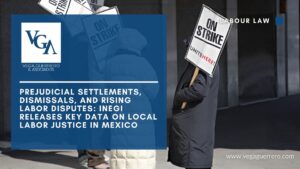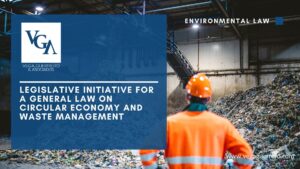In the last few days, the Legislative Power approved several laws in an expeditious manner, as a result of which some media outlets have pointed out that the Deputies and Senators that make up the Congress of the Union violated the legislative process and the fundamental rights of parliamentary deliberation.
In view of the current situation, it is important to talk about the formalities of the legislative procedure, including procedural economy and parliamentary deliberation.
What are the principles of procedural economy and parliamentary deliberation?
The Plenary of the Supreme Court of Justice of the Nation by means of the isolated thesis P. XLIX/2008 determined that the principle of procedural economy points to the need not to unnecessarily reopen procedural stages when this would not result in a substantial change of the parliamentary will expressed and, therefore, not to grant invalidating effect to each and every one of the procedural irregularities identifiable in a specific case, and that of fairness in parliamentary deliberation, which points, on the contrary, to the need to not automatically consider irrelevant all the procedural infractions produced in a parliamentary procedure that culminates in the approval of a norm through a vote that respects the legal provisions in this regard.
In this way, through these principles the judges evaluate compliance with the following standards:
- The legislative procedure must respect the right to participation of all political forces with parliamentary representation, in conditions of freedom and equality. In other words, it is necessary to respect the channels that allow both parliamentary majorities and minorities to express and defend their opinion in a context of public deliberation, which gives relevance to the rules of integration and quorum within the Chambers, as well as those that regulate the object and development of the debates.
- The deliberative procedure must culminate with the correct application of the established voting rules.
- Both parliamentary deliberation and voting must be public.
Derived from the above, the administrative team of Vega, Guerrero & Asociados is ready to advise companies that require information regarding this issue or other acts of nuisance by the authorities.




